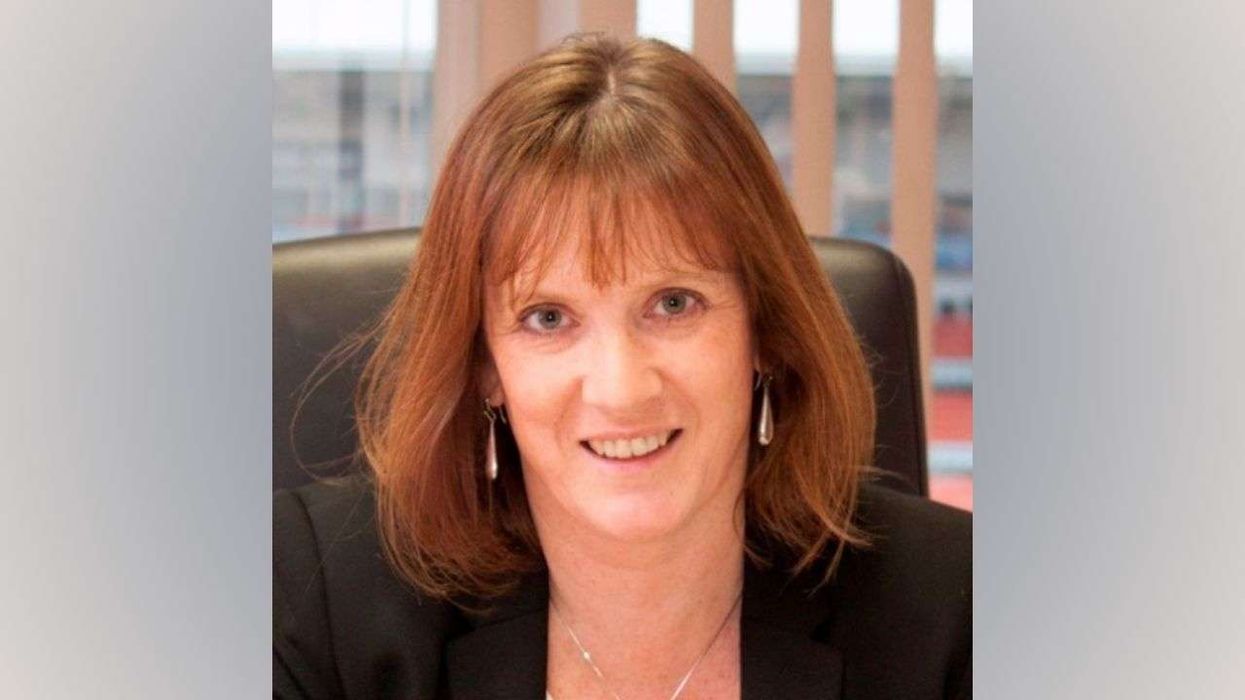Key Summary
- Any new technology that has been assessed by one NHS organisation will soon be rolled out to others
- This will eliminate multiple compliance assessments, reduce duplication across the health service
- Patients will be able to access the latest treatment methods
The government is coming out with ‘innovator passports’ that will speed up the rollout of cutting-edge technology in NHS hospitals.
Under the new digital system, to be introduced over the next two years, any new technology that has been assessed by one NHS organisation will soon be rolled out to others.
This will eliminate multiple compliance assessments, reduce duplication across the health service.
The move is a key part of the government’s Plan for Change and its 10-Year Health Plan, which will transform how healthcare is delivered in the UK.
Innovator passport will be delivered through MedTech Compass, a digital platform developed by DHSC to make effective technologies more visible and widely available.
The initiative will help the government in its drive to slash waiting lists and ensure people have access to health and care wherever they need it.
Health secretary Wes Streeting said, "For too long, Britain’s leading scientific minds have been held back by needless admin that means suppliers are repeatedly asked for the same data in different formats by different trusts – this is bad for the NHS, patients and bad for business."
He said the innovator passports will help life sciences sector "work hand in hand with the health service and make Britain a powerhouse for medical technology".
"Frustrated patients will no longer have to face a postcode lottery for lifesaving products to be introduced in their area and companies will be able to get their technology used across the NHS more easily," he added.
NHS England clinical transformation director Dr Vin Diwakar said the MedTech Compass will speed up decision-making in the trusts by making it easier for them to find, assess, and adopt proven technologies.
NHS Confederation chief executive Matthew Taylor described the innovator passport as a positive step, but wanted the government to ensure that stringent safeguards are in place.
“It will be vital to ensure that important compliance processes are also kept in place to safeguard clinical and patient safety, data protection and strict Medtech regulation," he said.
Taylor pointed out that not all NHS organisations are at the same stage of digital maturity, and this will affect their ability "to either innovate or implement pre-approved innovation in this passport model.”












